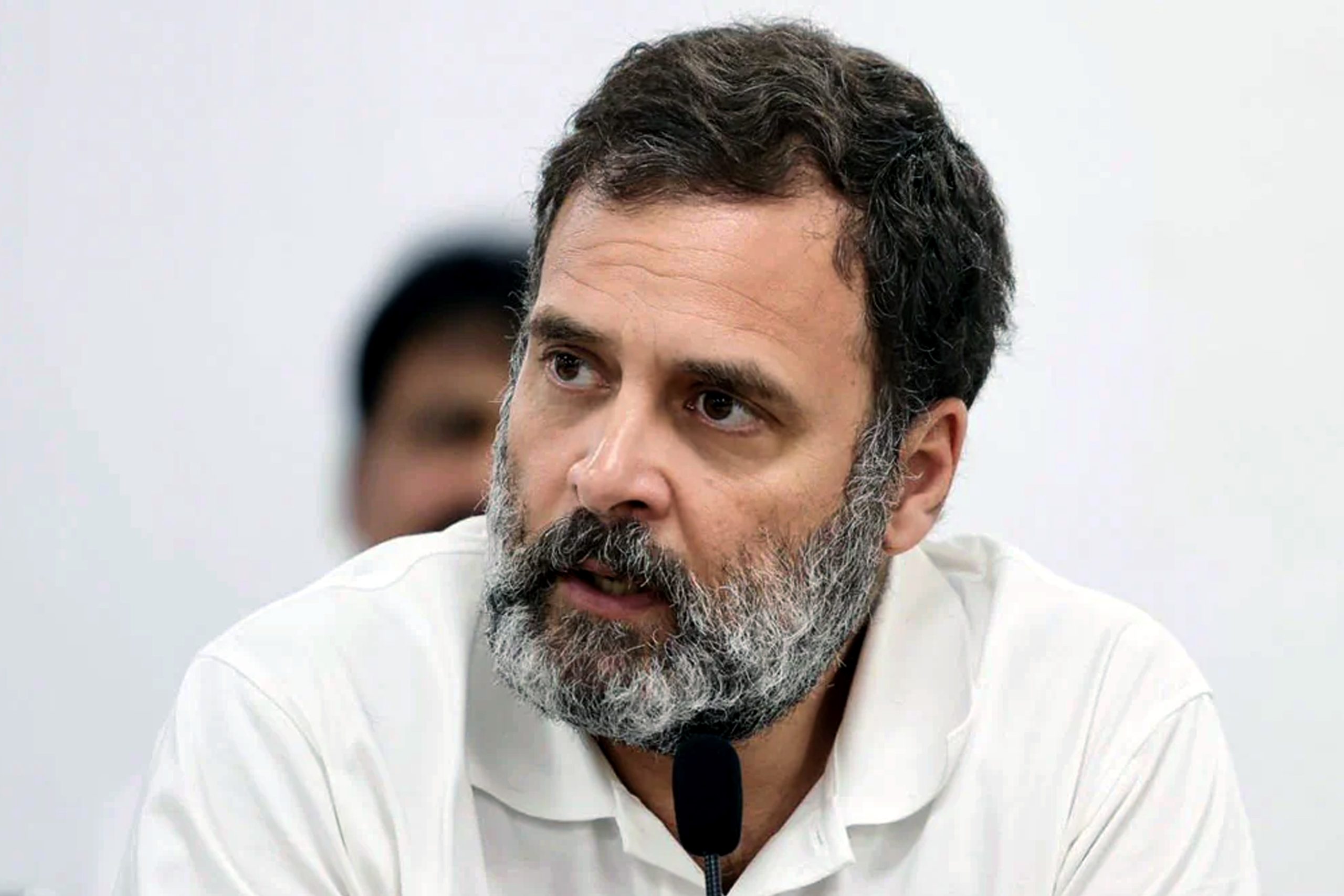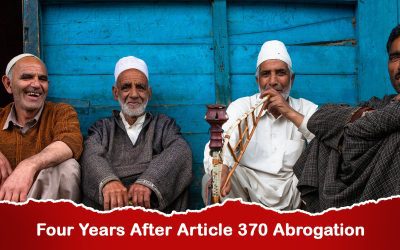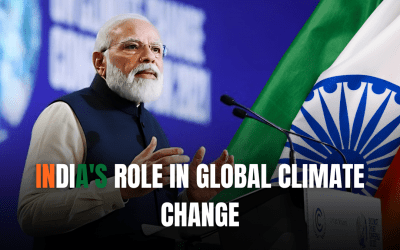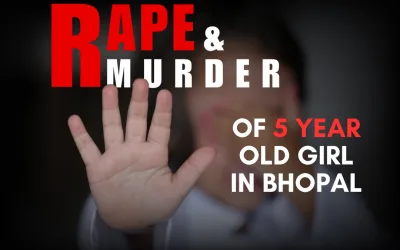In a recent setback for Rahul Gandhi, the Gujarat High Court has rejected his request to put on hold his conviction in a defamation case over his 2019 Modi surname remark. The court deemed the conviction “just, proper, and legal,” leading to the continued disqualification of Rahul Gandhi as a Lok Sabha Member of Parliament (MP). This decision has significant implications for his political career and the Congress party’s plans. In this blog post, we will delve into the details of the case, the court’s ruling, and its potential impact on Rahul Gandhi and Indian politics.
Background of the Defamation Case
During the 2019 Lok Sabha campaign, Rahul Gandhi made a controversial statement questioning the common surname “Modi” among individuals involved in alleged corruption cases. Purnesh Modi, a BJP MLA and former Gujarat minister, filed a defamation case against Rahul Gandhi for his remarks. On March 23, 2023, the court sentenced Rahul Gandhi to a rare two-year prison term.
Legal Battles and Disqualification
Following his conviction, Rahul Gandhi approached a sessions court in Surat, seeking bail and a suspension of his conviction. While the court granted him bail, it refused to stay the conviction, leading him to escalate the matter to the Gujarat High Court. The High Court’s decision has now upheld his disqualification as an MP, rendering him ineligible to participate in the upcoming monsoon session of parliament, scheduled to commence on July 20, 2023.
The High Court’s Ruling
The Gujarat High Court justified its decision by citing the existence of multiple defamation cases against Rahul Gandhi, including one filed by the grandson of Vinayak “Veer” Savarkar, a prominent figure in Indian history. The court emphasized the need for purity in politics and argued that staying in Rahul Gandhi’s conviction would not result in any injustice. It further stated that there were no reasonable grounds to grant a stay on the conviction, reiterating that a stay is not the rule but the exception.
Implications for Rahul Gandhi and Congress
With the rejection of his request to put the conviction on hold, Rahul Gandhi’s political future hangs in the balance. He has announced his intention to approach the Supreme Court, hoping for a favourable outcome. However, if the Supreme Court also upholds his conviction, Rahul Gandhi’s disqualification will persist, preventing him from contesting the next year’s elections. This setback comes at a crucial time for the Congress party, as it formulates its strategy for upcoming polls, including the 2024 national election.
Public Perception and Political Ramifications
The rejection of Rahul Gandhi’s request to put his conviction on hold has sparked discussions and debates among the public and within political circles. Supporters of the ruling Bharatiya Janata Party (BJP) view it as a victory, reinforcing their belief in the legal system and accountability for defamatory statements. On the other hand, Congress party members and Rahul Gandhi’s followers express disappointment, claiming that the conviction is politically motivated and hampers his ability to participate in democratic processes effectively.
Multiple Defamation Cases and Legal Troubles
The Gujarat High Court highlighted that as many as 10 cases are pending against Rahul Gandhi, indicating a pattern of legal challenges and defamation allegations. These cases not only drain resources but also distract from Rahul Gandhi’s political activities and agenda. The ongoing legal battles add to the complexities and uncertainties surrounding his political career.
Impact on Future Elections
The disqualification of Rahul Gandhi as an MP raises questions about his eligibility to contest the upcoming elections, including the crucial 2024 national election. If the Supreme Court also upholds his conviction, it will have a significant impact on the Congress party’s strategy and the selection of its candidate for the Wayanad constituency in Kerala, where Rahul Gandhi was previously elected as an MP.
Upholding Purity in Politics
The Gujarat High Court emphasized the need for purity in politics while discussing the defamation case filed by the grandson of Vinayak “Veer” Savarkar. This statement reflects the court’s stance on maintaining the decorum and ethical standards expected from political leaders. It reinforces the idea that leaders should engage in responsible discourse and avoid personal attacks or defamatory remarks.
Legal Precedence and Disqualification Criteria
Under Indian law, an MP stands disqualified if sentenced to two years or more in prison. The court’s decision to reject Rahul Gandhi’s request to stay his conviction aligns with the legal framework and sets a precedence for similar cases in the future. This ruling underscores the significance of adhering to legal requirements and the consequences that follow.
Freedom of Speech and Political Discourse:
The conviction of Rahul Gandhi in a defamation case raises questions about the limits of freedom of speech in political discourse. Supporters argue that political leaders should be able to express their opinions and criticize opponents freely without facing legal consequences, as long as their statements are within the bounds of responsible speech. On the other hand, critics believe that defamation laws are necessary to maintain the dignity and reputation of individuals, including politicians, and to discourage the spread of false information.
Political Motivations and Vendetta
Rahul Gandhi’s supporters argue that the defamation case against him is politically motivated, to tarnish his image and discredit his political career. They suggest that the ruling party strategically uses legal means to weaken the opposition and silence dissenting voices. This perspective highlights the complex interplay between legal proceedings, political rivalries, and the potential misuse of defamation laws for political gain.
Impact on Rahul Gandhi’s Leadership
The continuation of Rahul Gandhi’s disqualification as an MP raises questions about his ability to lead the Congress party effectively. As a prominent figure within the party, his disqualification may impact the morale of party members and supporters. It also presents challenges for the Congress party’s efforts to reorganize and strengthen its position in the political landscape.
Role of the Judiciary in Political Matters
The judiciary’s involvement in high-profile political cases such as Rahul Gandhi’s defamation case highlights its role as a guardian of justice and upholder of the rule of law. The court’s impartiality and adherence to legal principles in delivering the verdict are crucial for maintaining public trust and confidence in the judicial system. The decisions made by the judiciary in such cases have far-reaching consequences for politicians, parties, and the overall political climate.
Long-term Implications for Indian Politics
The outcome of Rahul Gandhi’s defamation case and his subsequent disqualification have significant long-term implications for Indian politics. It could potentially impact the electoral landscape, party strategies, and the dynamics of political rivalries. The absence of Rahul Gandhi from parliamentary proceedings and his inability to contest elections might lead to shifts in the political equations and power dynamics within the Congress party and the broader opposition coalition.
Conclusion
The Gujarat High Court’s rejection of Rahul Gandhi’s request to put his conviction on hold in the Modi surname defamation case has dealt a significant setback to his political career and has wide-ranging implications for the Congress party. The court’s ruling, which upheld the conviction as “just, proper, and legal,” has reinforced the disqualification of Rahul Gandhi as a Lok Sabha Member of Parliament (MP), further hampering his ability to participate in parliamentary proceedings and upcoming elections. As Rahul Gandhi prepares to approach the Supreme Court, the final verdict will determine the trajectory of his political journey and shape the Congress party’s strategies in the coming years.
The case itself has raised important issues regarding freedom of speech, political discourse, and the limits of criticism in the political arena. While supporters argue for unrestricted freedom of expression for politicians, critics contend that defamation laws are necessary to maintain the dignity and reputation of individuals and prevent the spread of false information. The legal battle surrounding Rahul Gandhi’s defamation case underscores the complexities of balancing freedom of speech with the need for responsible and respectful political discourse.
Furthermore, there are allegations of political motivations and a potential vendetta behind the defamation case against Rahul Gandhi. Supporters of the Congress leader argue that the ruling party may exploit legal means to weaken the opposition and silence dissenting voices. This perspective sheds light on the intricate dynamics of political rivalries and the potential misuse of defamation laws for political gain. It also raises questions about the objectivity and fairness of the judicial process in high-profile political cases.
The continuation of Rahul Gandhi’s disqualification as an MP not only impacts his political career but also has repercussions for the Congress party as a whole. His absence from parliamentary proceedings and potential exclusion from future elections can have far-reaching consequences for the party’s morale, leadership, and overall political strategy. The Congress party will need to navigate the challenges of reorganizing and strengthening its position in the political landscape without the active participation of its prominent leader.
Moreover, the ruling in Rahul Gandhi’s defamation case and the subsequent disqualification contribute to the broader narrative of the role of the judiciary in political matters. The judiciary’s impartiality and adherence to legal principles are crucial in maintaining public trust and confidence in the judicial system. Decisions made in high-profile political cases carry significant weight and shape the political climate by impacting the actions and strategies of politicians and political parties.
Looking ahead, the final verdict from the Supreme Court will have profound long-term implications for Indian politics. It could lead to shifts in the electoral landscape, party strategies, and the dynamics of political rivalries. The absence of Rahul Gandhi from parliamentary proceedings and his potential inability to contest elections may prompt the Congress party to reevaluate its leadership and recalibrate its political approach. The case serves as a reminder of the complex challenges faced by politicians as they navigate the legal and political landscapes in their quest for effective governance and representation.
In conclusion, the Gujarat High Court’s rejection of Rahul Gandhi’s plea to put his conviction on hold has dealt a severe blow to his political aspirations and the Congress Party’s plans. The case brings to the forefront critical issues surrounding freedom of speech, political motivations, and the role of the judiciary. As the legal battle continues to unfold, the final verdict will shape the trajectory of Rahul Gandhi’s political journey and leave a lasting impact on Indian politics as a whole.








0 Comments